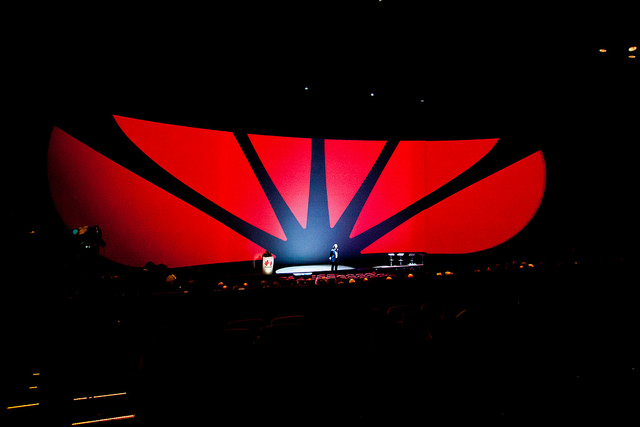After indictment yesterday, US could ban American companies from selling software and chips to Huawei, which the Chinese company relies on heavily.
The 23 charges brought by US authorities against Huawei include bank fraud, obstruction of justice and theft of technology. The Chinese giant grew to be the world’s largest supplier of telecom equipment very rapidly, with its revenue rising from $6.3 billion in 2009 to $69.4 billion by 2017, outstripping its long-established competitors in Europe and the US.
Huawei’s most important market is still China, which accounted for $35.1 billion in 2017, with Europe, the Middle East and Africa contributing $18.9 billion the same year, the rest of Asia $8.6 billion and the US just $4.5 billion. However, Huawei relies heavily on the US for software and silicon.
Some pundits say that the involvement of Wilbur Ross, the US Commerce Secretary, at the indictment indicate the US might be contemplating the so-called “nuclear option” of blocking US companies selling to Huawei.
Technology race
The US authorities’ legal proceedings against Huawei have become central to the increasingly heated trade dispute between the US and China. The American authorities insist the matter is a legal one and entirely separate to the trade dispute: the Chinese clearly see no such distinction and appear to view it as politically-motivated tactics in the technology race between the two.
A spokesperson for China’s Ministry of Industry and Information Technology said, “It is neither fair nor ethical to use state power to discredit and attack specific companies without any evidence”.
However, the case against Huawei has caught fire in Europe too with number of government cybersecurity agencies, including in the UK, warning operators against deploying Huawei’s 5G technology due to fears it will be used for espionage by the Chinese state. Vodafone became the latest operator group to “pause” its relationship with Huawei last week.
It remains to be seen how much this will slow the deplooyment of 5G in major European markets as Huawei is widely seen as being the world leader in 5G. How much and how fast the likes of Ericsson and Nokia will be able to bridge the gap is unclear.
Sanction busting and fraud
The US authorities allege Huawei misled them and a bank about its relationship with two subsidiaries, Huawei Device USA and Skycom Tech, to dodge international trade sanctions and sell to Iran. President Trump reinstated and increased sanctions against the country after they had been withdrawn by the Obama Administration.
The Huawei founder’s daughter, Meng Wanzhou, is under arrest in Canada pending extradition to the US on the grounds that in her role as the company’s CFO, she is personally implicated in lying to US authorities regarding illegal sales to Iran. She is fighting the extradition.
Tinkering with Tappy
Accusations of technology theft ostensibly pertain to a robot T-Mobile, known as Tappy because it emulated the action of human fingers on screens to test smartphones’ longevity. Huawei insists this matter involved two employees and was settled five years ago through a civil court case.
Annette Hayes, First Assistant US Attorney for the Western District of Washington said the US has internal emails demonstrating such practices are not down to a few rogue employees or isolated incidents, but are the company’s modus operandi.
Stocks in China fell after the indictment and ripples from an apparent slowdown in the Chinese market have affected the earnings of companies as diverse as Apple and Nvidia. In the slightly the longer term, it is possible that China’s economy will benefit from superior 5G infrastructure and services, with governmental support already evident.



